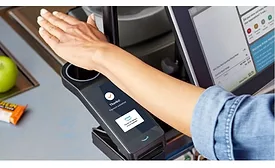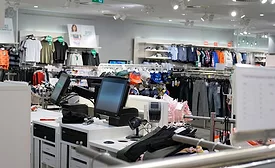Home » retail security
Articles Tagged with ''retail security''
Integrated Solutions
Why retailers are economizing and optimizing with cloud video surveillance
For both heightened security and business optimization, here’s what retailers should look for in a video management system and provider.
June 9, 2021
Enterprise Services
The state of loss prevention and asset protection
Let’s take a look at pain points, best practices and COVID-19’s impact on loss prevention.
May 13, 2021
Sign-up to receive top management & result-driven techniques in the industry.
Join over 20,000+ industry leaders who receive our premium content.
SIGN UP TODAY!Copyright ©2026. All Rights Reserved BNP Media.
Design, CMS, Hosting & Web Development :: ePublishing













